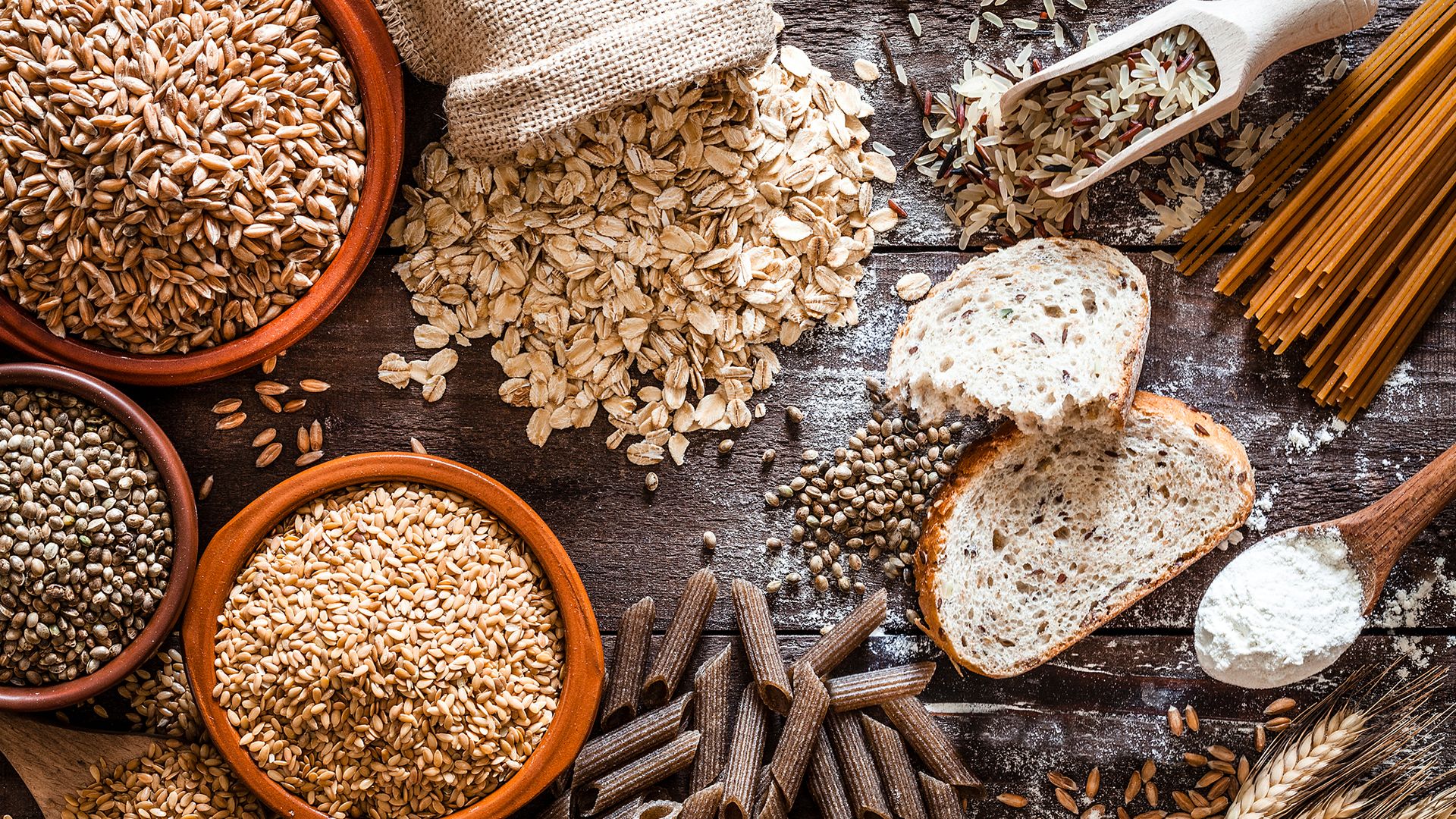The next time you're at the market, grab a basket of juicy, ripe berries. These treats are full of vitamin C, a powerful antioxidant that relieves pain, according to research. When it comes to achy joints, studies suggest that vitamin C may hold back cartilage loss and bone lesions. Plus, some studies suggest vitamin C may help you feel less pain after orthopedic surgery.
Berries also offer up fiber and phytonutrients with anti-inflammatory protection. The more you eat, the less inflammation you're likely to have. In fact, studies show that people who eat more fruit and vegetables have lower rates of inflammatory disease, such as heart disease, stroke and cancer.
It may be tempting to have a glass of fruit juice instead. But you'll lose out on some of the benefits of whole fruit, such as fiber—and take in a hefty serving of sugar in the process.
What Do Experts Say?
"The flavonoid components of berries of all kinds show great promise in lowering inflammation or lessening the damage inflammation can cause," says dietitian Lona Sandon, MEd, RDN, LD, assistant professor in the Department of Clinical Nutrition at UTSW. "They may help reduce arthritis symptoms by decreasing production of inflammatory markers. When there are less inflammatory markers, there's less likely to be damage to tissues around joints."
How Should You Eat Them?
From sweet strawberries, blueberries and raspberries to tangy cranberries and cherries, take your pick! Avoid pesticides by choosing organic. When berries aren't in season, opt for frozen ones, which still keep all their nutrients. Blend them into smoothies, sprinkle them into popsicles, or add them to hot or cold cereals. Berries are equally at home in savory dishes, like a fresh green salad or a sauce or relish for fish or poultry.





